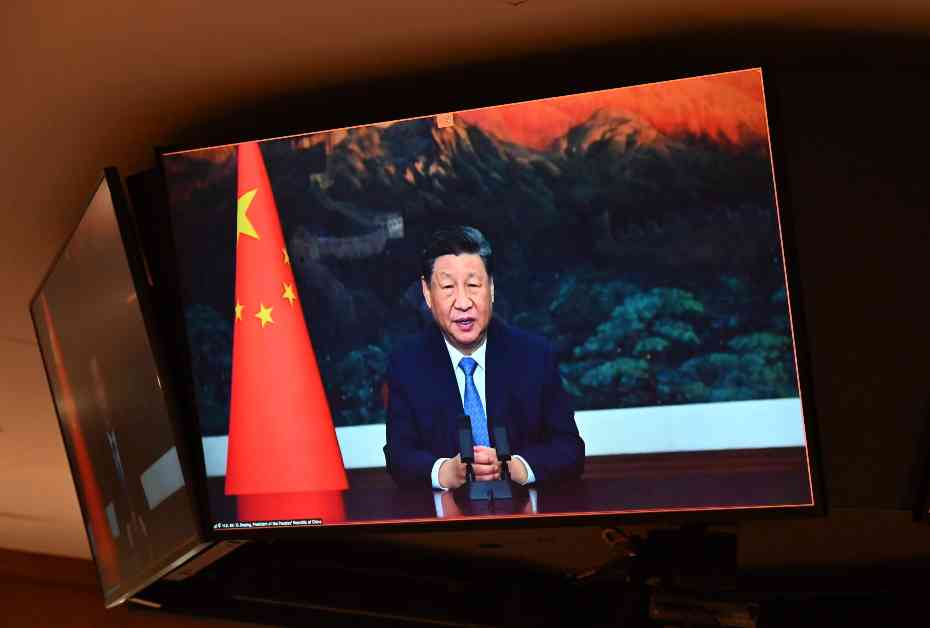So, like, President Xi Jinping from China has decided to get all serious about reducing emissions, you know? It’s a big deal because it’s the first time they’re covering all economic sectors and greenhouse gases in their plan. Xi made this announcement during a virtual meeting organized by the UN and Brazil. He basically said, “No matter what’s going on in the world, China ain’t gonna slow down in fighting climate change.” Pretty bold statement, right?
In the past, China’s targets only focused on carbon dioxide emissions from the energy sector. But now, they’re stepping up their game and aiming to cut emissions across the entire economy by 2035. This includes all greenhouse gases, not just CO2. This move is crucial for meeting the goals of the Paris Agreement and keeping global warming in check.
After the meeting, UN Secretary-General Antonio Guterres praised Xi’s commitment to updating China’s emission-cutting goals. He said it’s a major step in the right direction for climate action. Other countries are also being encouraged to set new targets by September to keep global warming below 2 degrees Celsius.
But, you know, there’s still some uncertainty about how ambitious China’s plans will actually be. Greenpeace East Asia’s global policy advisor, Yao Zhe, pointed out that while Xi’s announcement is a positive sign, it’s not a guarantee of strong action. With ongoing tensions between China and the US, there’s some doubt about how far China will go in reducing emissions.
China currently aims to peak CO2 emissions before 2030 and achieve carbon neutrality by 2060. They’ve also pledged to reduce CO2 emissions per unit of GDP by more than 65% by 2030. But experts say China is falling short of these targets due to slower economic growth and rising CO2 emissions.
It’s not really clear whether China will set absolute emissions reduction targets for all sectors and gases or opt for different goals for each. Some experts argue that having ambitious targets for major CO2-emitting sectors is more effective than having weak goals that cover everything. So, we’ll have to wait and see what China decides.
Xi also took a swipe at US policies under former President Donald Trump during the UN meeting. He called for countries to support multilateral climate action and cooperate internationally to promote green technologies. This was seen as a subtle jab at Trump’s decision to withdraw the US from the Paris Agreement and impose tariffs on solar panels.
Overall, Xi’s involvement in setting climate targets is seen as a positive sign. The more he’s personally invested in these goals, the more pressure there is on the Chinese government to deliver on their promises. It’s like saying, “Hey, Xi is watching, so we better get this right.”
In the end, the fight against climate change is a global effort. Xi emphasized that transitioning to green technologies is not only essential for the environment but also a new opportunity for economic and social development. So, let’s hope China steps up to the plate and leads the way in reducing emissions for the good of the planet.














